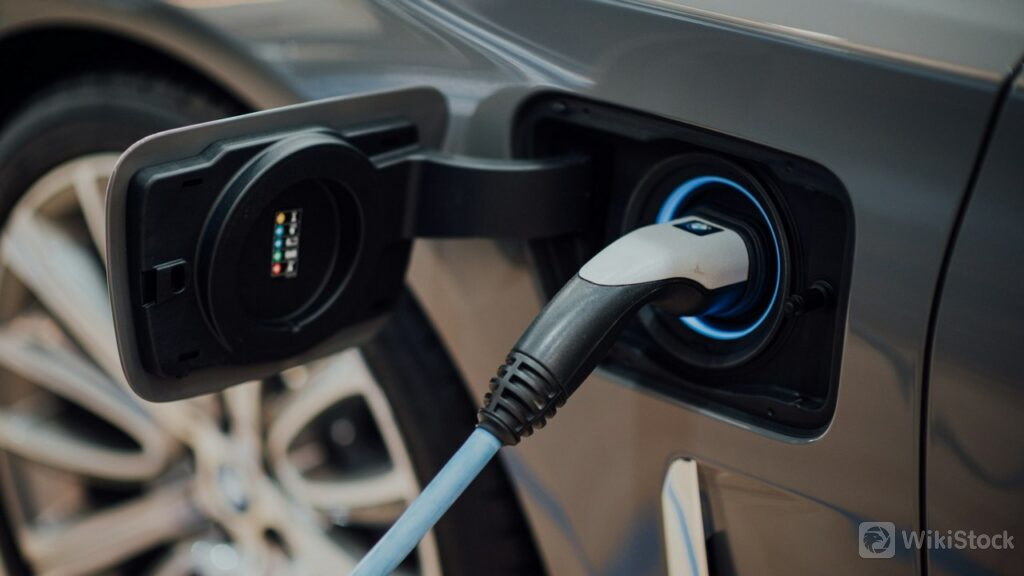Bain Partner Warns Chinese EV Makers: Price Wars Abroad Could Jeopardize Product Quality And Brand Reputa

A Bain & Co.partner has cautioned that the ongoing price wars among Chinese electric vehicle manufacturers in overseas markets could potentially raise doubts about the quality of their products.
What Happened: Helen Liu, a partner at Bain & Co., has expressed concerns about the strategy of Chinese EV makers to compete on price in overseas markets, reported South China Morning Post. This approach could potentially backfire by casting doubts on the quality of their products.
“Chinese companies have the potential to redefine electric cars so that they can convince global customers of their products' competitiveness in performance and technology,” Liu, said.
“The pricing advantage will eventually run out of steam. It is product quality, technology, and brand awareness that holds the key to Chinese carmakers' success.”
Liu‘s statement comes in the wake of the European Union’s decision to impose additional tariffs of up to 38% on Chinese-made EVs following a nine-month anti-subsidy investigation. The EU has warned that localizing production carries risks due to geopolitical tensions and regulatory compliance.
Chinese EV manufacturers have been expanding their sales to overseas markets, with a particular focus on Southeast Asia. This has led to a fierce price war among more than a dozen players, driven by concerns about overcapacity in the domestic market.
Liu from Bain advised Chinese electric car manufacturers to adopt a long-term strategy in their international expansion efforts, focusing on building reputable brands instead of prioritizing short-term sales gains.
“They are advised to compete in the premium segment and attract wealthy customers,” she added. “Offering discounts to woo price-sensitive buyers is not sustainable.”
See Also: DiDi Drives Back Into Growth Lane, As Aggregators Encroach On Its Turf
Why It Matters: The European Unions decision to impose additional tariffs on Chinese EVs could potentially slow down the growth of Chinese automakers in the region. However, companies like BYDBYDDF BYDDY are expected to remain competitive despite the new tariffs.
On the other hand, the tariffs have also raised concerns about a potential decline in demand for EV materials. Umicore, one of the largest producers of battery materials, has warned about a sharp decline in demand for EV materials, leading to a significant reduction in its profit forecast for 2024.
The broader impact on Chinese EV stocks is also noteworthy. Companies like NioNIO, Li AutoLI, and XPengXPEV are likely to face significant challenges as a result of these tariffs, which could escalate to about 38%, significantly lower than the 100% duties applied by the U.S.
Why is the oil rally heating up in the new year?
Precious metals rise, how to allocate in the medium and long term
Key areas for mutual funds to make money in 2025
Yushu Technology's robot dog explodes the market!
Check whenever you want
WikiStock APP
